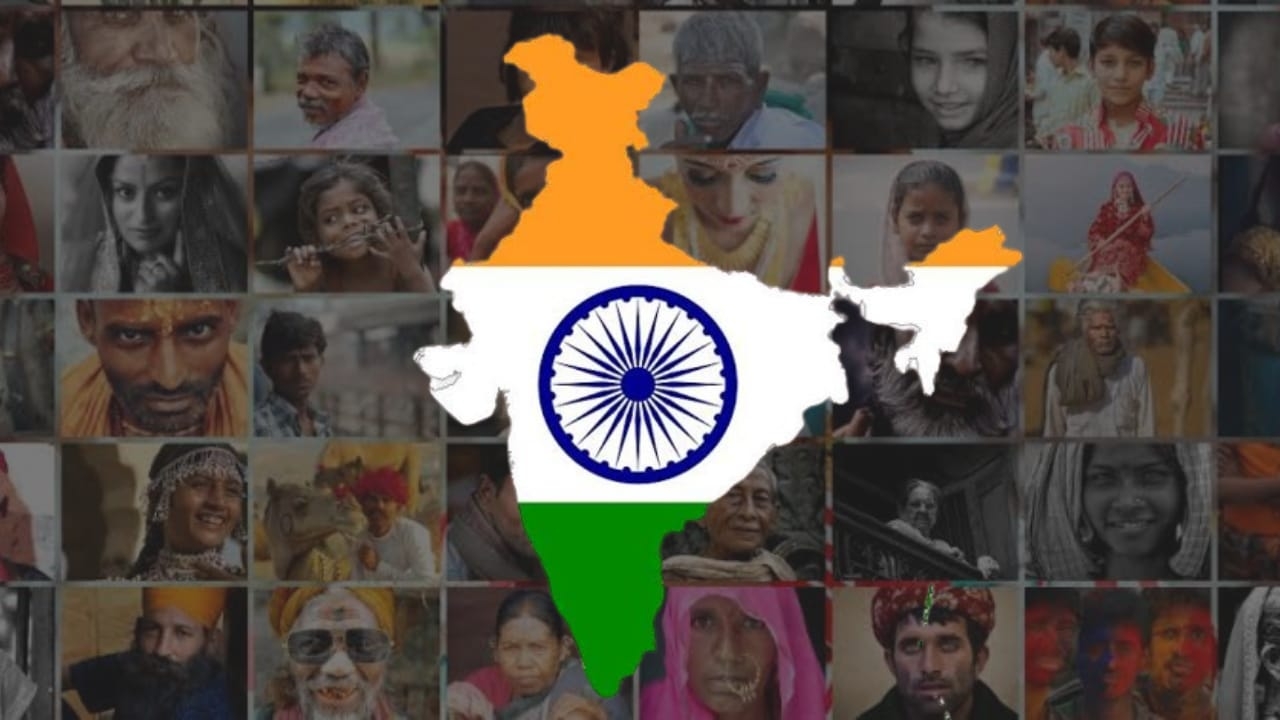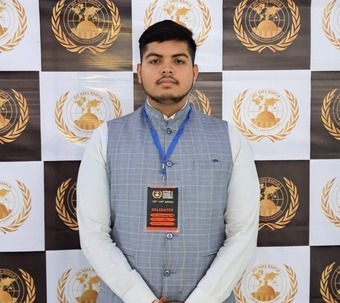All Indians are Indigenous to India

On august 9th the International Day of the World's Indigenous Peoples, sometimes incorrectly referred to as the World Tribal Day, was observed and like each year, it was charged with politics and a series of allegations made by different groups. Though the day has nothing to do with India or Indians for all Indians are Indigenous to India, many had yet celebrated it in India out of ignorance or politics.
Chhattisgarh for example, a state which features many sociological and Constitutional ‘tribes’ has often celebrated this day by incorrectly associating the International Day of World’s Indigenous People with the celebration of Tribal identities of the state.
The oblivious behaviours are so great that not only the previous government of INC had declared a holiday on this day but even the current BJP government has proudly issued a special article for the event.
When concerns were raised by the intellectuals and tribal organizations, the Hon’ble Chief Minister, Vishnu Deo Sai, a tribal himself, didn’t attend many planned events. Though this was a move promoting national interest, this move by the Hon’ble CM has attracted harsh attacks from the former CM Bhupesh Baghel and INC.
The International Day of the World's Indigenous Peoples is observed on the 9th of August every year, especially in the West and like Cola, jeans, and English accent, Indians and Indian intelligentsia too have proudly imported this event and have tried to impose the false narrative that "only tribals" are indigenous to India.
The International Day of the World's Indigenous Peoples has origins in the strive of the indigenous people of South America, North America, and Africa etc. for obtaining rights and security, etc. where the ancestral lands of their people were captured, taken over, and reconverted to new states by the then colonizers and when the indigenous men were forced to be second class citizens in their own spiritual and ancestral lands.
In US for example close to the Indian Wars in the late 19th century, fewer than 238,000 Indigenous people remained of the estimated 5 million-plus living in North America before European contact. The oppression of the natives in the American continent remains even till date.
Recently in Canada some unmarked graves containing the remains of 215 children were found at the Kamloops Indian Residential School in British Columbia that had closed in 1978, a school established by the Catholics to assimilate the indigenous people, as if they required ‘assimilation’ in their own ancestral lands.
Notably, the Constitution of India has never used the term “Adiwasi” as a translation for the word Tribal, rather it is “Janajati” which is found in the Hindi translation, which means tribal in a sociological way.
The term “Adiwasi” on the other hand refers to the original inhabitants or aboriginals. Such words do have a meaning in the Western perspective where the colonizers had oppressed the natives.
However if such a word is allowed to be used in India, then it will connote that certain Tribes are aboriginals while everyone else has come from the outside.
Maybe such narrative builder are ignorant to the existence of Gond Ramayan and references made to the characters of Hindu epics in the folksongs of the tribals of India.
This ‘moolniwasi’ and ‘Adivasi’ narrative holds the potential to help the political aspirations of the regionalist and separatist movements of Chhattisgarh by destroying Hindutva politics, which stops the division of votes based on caste and ethnicity.
Bhupesh Baghel appears to be trying to invoke this card which may destroy the social fabric of the state and the nation. Baghel wrote on Twitter “Why hasn’t the government released even one advertisement on the occasion of Tribal Day?”
Baghel has criticized the BJP saying that they do not consider Adivasis as Adivasis but consider them as Vanwasis and he has proudly stated how his government used to celebrate this day.
Actually, International Day of the World's Indigenous Peoples is not a celebration but a remembrance of the colonial atrocities which were perpetrated over Indigenous people of the west, thus the day can not and should not have been ‘celebrated’.
In its current form it creates a false narrative that only tribals are aboriginal and native to India while others are foreign, which is a narrative which promotes separation of STs with the societies and promotes conversion.
If anyone in India has to observe the day, the only legitimate way can be through remembering and condemning the atrocities committed by the missionaries and colonizers over the native people of the American, African and Oceania continent.
Meanwhile Akhil Bhartiya Vanvasi Kalyan Ashram, an organization working for the Janjatiya Samaj has to the contrary stated that India has no connection with the indigenous day and all Indians are native to the country.
The regionalist cards are not new to Bhupesh Baghel, for he had pushed the idea of a Chhattisgarh Mahatari, a divine icon representing the state. While icons are welcomed, it should be noted that it was the party members of Bhupesh Baghel who had issues with the slogans of Bharat Mata Ki Jai.
Such usage is creating a slow bomb against the non-tribals which if utilized by the Naxals and missionaries may totally separate the tribals of the state from the other habitants.
It is time that the citizens question the extent of politics and it is time that all parties come together with respect to the core issues of national interest and fraternity, especially when the Government of India has the official stance that all Indians are indigenous to India.
In fact to separate itself from this day while not jeopardizing the celebration of Tribal identities, the Central Government has announced Janjatiya Gaurav Diwas, which marks the birth anniversary of Birsa Muda, a national icon who had taken up arms against the British and conversion of tribals at the hands of the missionaries.
Article by
Shreeacharya Mishra
Younginker
Law Student